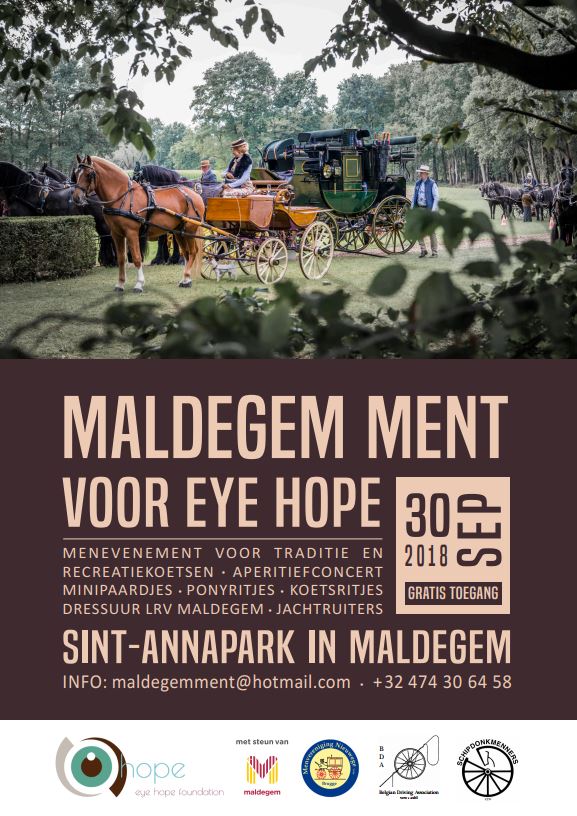Dear all,
The last time we gave an update on our foundation was after the Wolfram workshop in Paris.
Since then several fundraising events have happened enabling us to raise a substantial amount. We are immensely grateful to all people contributing and supporting our foundation in that way.
Thanks to that funding, our foundation has funded three projects during the last months.
The group of Pof. C. Verfaillie has been granted an initial budget to start their gene therapy work using adapted CRISPR/CAS9 technology. Currently, although the project is started, there is an ongoing activity to recruit the best researchers. If this project shows promising results, it could be a cure for blindness related to rare genetic diseases.
At the ULB, initial experiments have been done with drug repurposing. Using the GLP1 agonist on the mice models of WFS1 disease, promising results were shown for diabetes phenotype. It remains to be analysed how the effect on nervous systems and hence vision will be. The excellent quality is reflected in an oral presentation that was held on the European diabetes conference (https://www.easd.org/virtualmeeting/home.html#!resources/glp-1-analogues-protect-beta-cells-in-models-of-wolfram-syndrome-12312e34-0d39-499d-a4b2-d56622c38989).
Our support in the US at the lab of Prof. F. Urano has also progressed. We are hopeful that MANF carries the potential to regenerate in the future some of the vision losses. Fumi Urano posts regular updates on his blog (https://wolframsyndrome.dom.wustl.edu/dr-uranos-blog/).
We are also pleased that the lab of L. Moons has been able to finance the second phase of their project. She will continue to investigate the effects of the treatment on the eyes and brains of the animal models.
Other interesting news is the article that was recently published about use of GLP1 agonist in WFS1 rats showing a positive effect. https://www.nature.com/articles/s41598-018-28314-z Dr. M. Plaas also developed the WFS1 mouse we are investigating. A collaboration is planned between Dr. Plaas and the ULB / KUL groups.
Eye Hope Foundation is also please to learn that another group of KULeuven, the group of Prof. G. Bultynck has obtained a grant to do research on Ca2+ signalling in WFS1-syndrome (https://gbiomed.kuleuven.be/english/research/50000618/50753344/introduction-1).
Finally, Prof. T. Barrett is close to start his clinical trial using Sodium Valproate during the next month. More information about the clinical trials can be found on http://www.wolframsyndrome.co.uk/clinical_trial.php.
On the private side, Victor has started in the beginning of October on a new medicine using GLP1 agonist to reduce the progression of the syndrome. He is the second patient worldwide with WFS1 that is going for this treatment. His vision deteriorates very fast. Since we discovered he was a WFS1 patient in autumn 2015, his vision dropped from 35 to less than 5%. So basically, he cannot read anymore posing an endless list of practical problems to tackle. That brings us to braille-learning and becoming member of the association for blind people.
.jpg)
Nevertheless, it doesn’t stop him yet, he is still going to cinemas, swimming and playing football. He is walking with Nordic walking sticks and his energy and positivity motivates us to keep on fighting for a cure every day. He learned the braille alphabet in less than a month and will proceed now to his first books!
We do hope from the deepest of our heart that the treatment we are currently doing, will give us time to continue our work.
We will never stop and do everything possible to give children with Wolfram a joyful future!
Our work is only possible to your contributions and activities. Thank you for giving us all hope.
Best regards,
Lode

